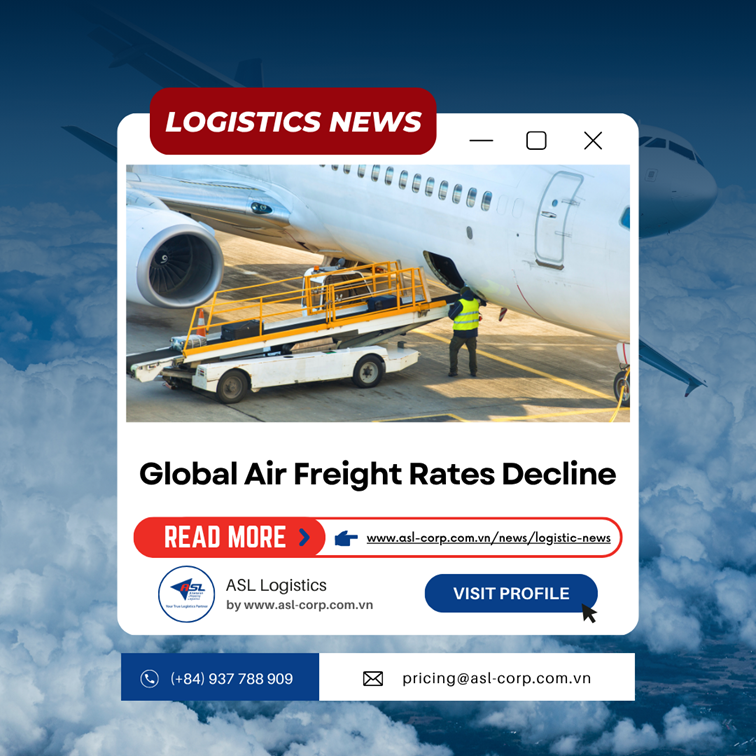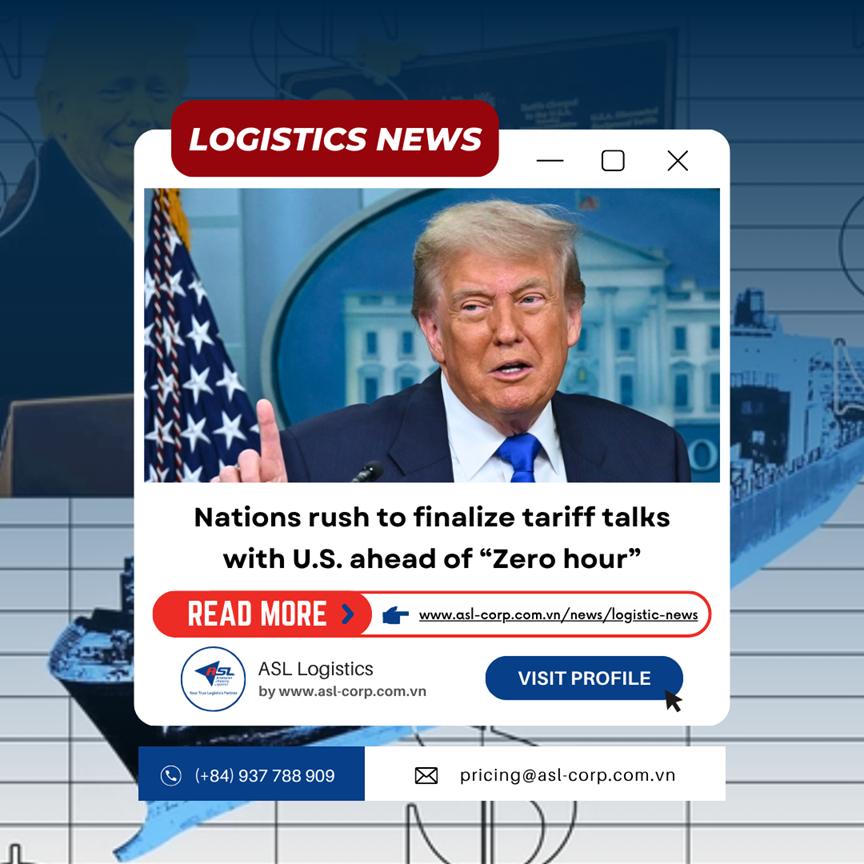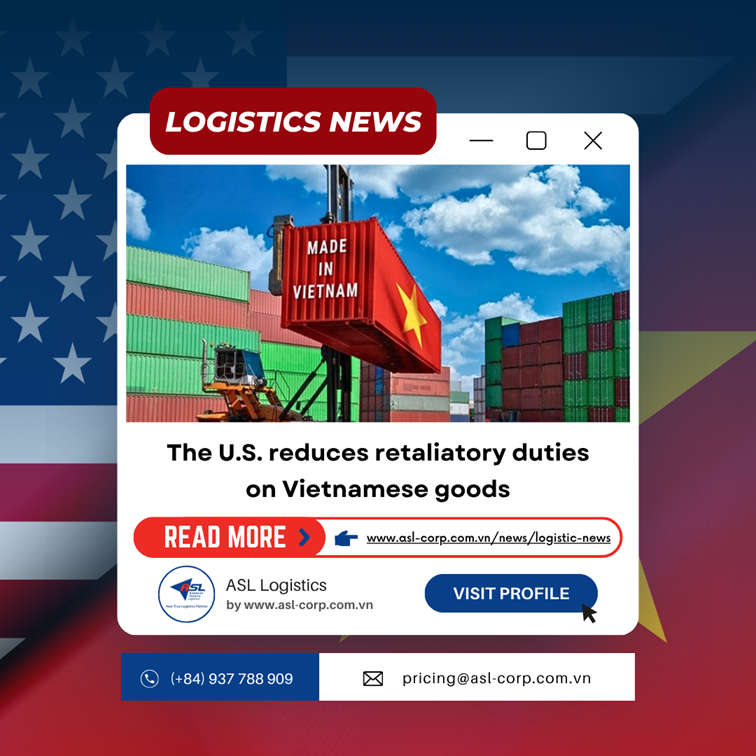Logistic News
EXPORT ENTERPRISES ARE STILL UNDER A LOT OF PRESSURE
14 May 2024
In the first 4 months of 2024, orders from enterprises in the wood and textile industry are gradually improving. Many businesses have signed orders until the end of the second quarter, some even have orders until the third quarter of 2024...
.png)
However, in reality, export businesses in general still cannot rest assured when unit prices have not recovered much, the world is experiencing many fluctuations, consumers in major markets are still tightening their spending... In addition, businesses still have to face a series of difficulties from applying the EPR (extended producer responsibility) and CBAM (carbon border adjustment mechanism)...
BUSINESSES HAVE MANY CONCERNS
In April 2024, leather and footwear will continue to be in the large export turnover group of industries with 1.956 billion USD. At Gia Dinh Group Joint Stock Company, orders received from businesses increased by more than 30%, ensuring workers jobs till September - October 2024. At TKG Taekwang Vina Joint Stock Company in Bien Hoa 2 Industrial Park (Binh Duong), due to increased orders again, the business is in need of recruiting 1,000 workers to meet the demand.
However, according to Ms. Phan Thi Thanh Xuan, General Secretary of the Vietnam Leather, Footwear and Handbag Association, the leather and footwear industry is still facing many big challenges. In the EU market, regulations on ecological products, extended manufacturer responsibility, supply chain traceability, carbon emission reduction requirements, etc. have been and will be implemented in the near future. This is a big challenge for manufacturers, including Vietnam. "If we want to successfully participate in the supply chain, there is no other way we must comply," Ms. Xuan emphasized.
Similarly, Mr. Nguyen Hoai Bao, Vice President of Ho Chi Minh City Handicraft and Wood Processing Association, said that compared to 2023, the first months of 2024 will have a better order situation for the wood industry, but compared to 2021 and 2022, it is just at the "back on track" level. Like the footwear industry, the main markets (US, EU) ran out of inventory so they bought back orders, but only at a stable growth rate.
“The wood industry still has to closely monitor market developments. For example, Europe will apply the Anti-Deforestation Law from the beginning of next year, this will put pressure on Vietnamese businesses to meet criteria as well as traceability issues," Mr. Bao said.
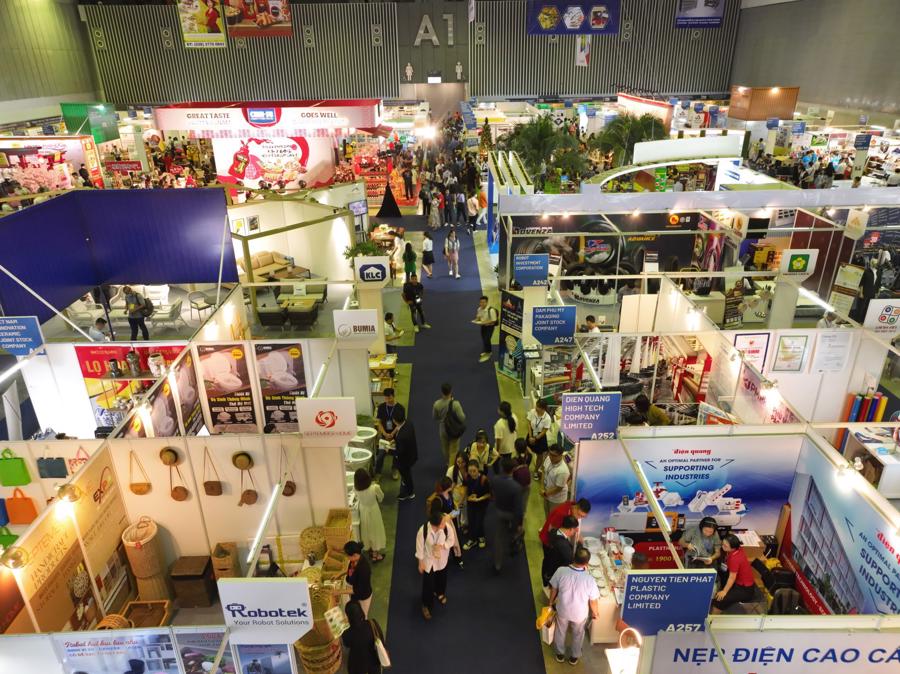
The fair of typical Vietnamese export goods has returned from May 8 - 11, 2024.
Regarding the issue of the USD exchange rate rising sharply recently, Mr. Nguyen Ngoc Luan, General Director of Global Trading Company Limited (Meetmore agricultural coffee brand), said that it is because input materials prices are currently increasing too high, the more a business exports, the more it loses. “The old contract must be completed, signing a new contract is also very challenging. The reason is that when signing a new contract, the selling price can only be increased by 5 - 10% so that customers can slowly accept it, while if calculated correctly, the selling price must increase by up to 40% to offset the increased input high costs", Mr. Luan said.
In general, export businesses now have orders again, but mainly short-term quarterly orders, with narrowing profits. Sharing information at the socio-economic session of the Ho Chi Minh City People's Committee on May 3, 2024, Mr. Nguyen Ngoc Hoa, Chairman of the Ho Chi Minh City Business Association (Huba) said that businesses in the area mainly have short orders for delivery in the first and second quarters. Some businesses have orders until the third quarter, but in order to sign them, they have to endure pressure from reduced unit prices and high technical barriers. "However, businesses still make efforts not to lose orders, accept reduced income and find solutions to reduce costs and maintain jobs for workers," Mr. Hoa said.
According to Mr. Nguyen Phuoc Hung, Vice Chairman of the Ho Chi Minh City Business Association, there is still a shortage of orders, especially for some export businesses that depend on traditional markets such as Europe and the US. ,... for example: rubber - plastic industry, the overall revenue decrease is about 20%; Essential goods decreased by about 10%; Toys and construction goods decreased by nearly 30%... In addition, labor-intensive industries such as leather, footwear, and textiles still do not have medium and long-term orders, so production and business cannot be stabilized.
Source: VnEconomy

Head Office
ASL Hồ Chí Minh
Số 31/34A Ung Văn Khiêm, Phường Thạnh Mỹ Tây, TP. Hồ Chí Minh, Việt Nam
 Công Ty Cổ Phần Giao Nhận Vận Tải Mỹ Á
Công Ty Cổ Phần Giao Nhận Vận Tải Mỹ Á
 (+84)28 3512 9759
(+84)28 3512 9759
 (+84)28 3512 9758
(+84)28 3512 9758
 pricing@asl-corp.com.vn
pricing@asl-corp.com.vn
 mdirector@asl-corp.com.vn
mdirector@asl-corp.com.vn
 www.asl-corp.com.vn
www.asl-corp.com.vn
LOGISTICS SERVICES










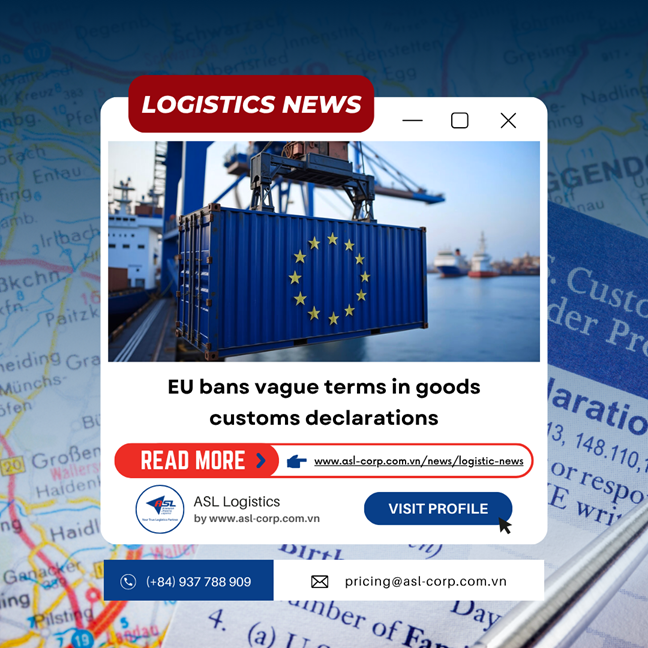
.png)
.png)

.png)

